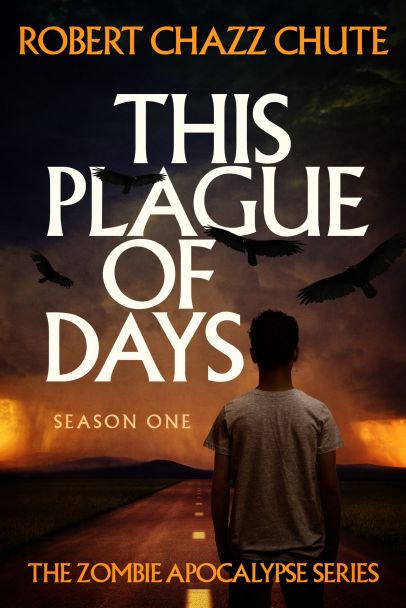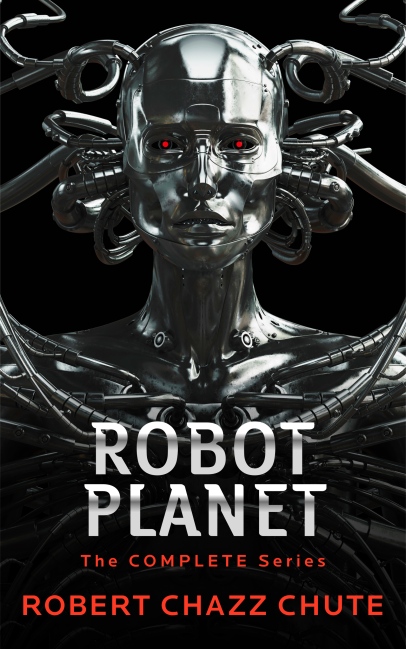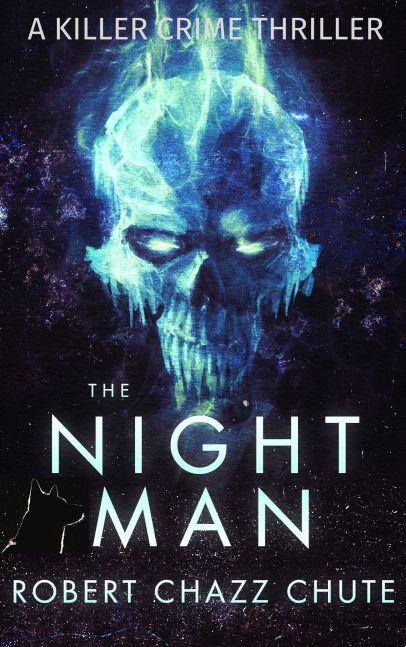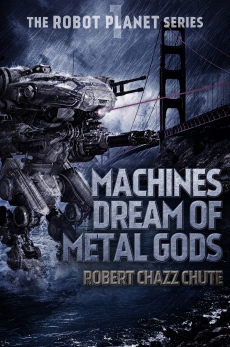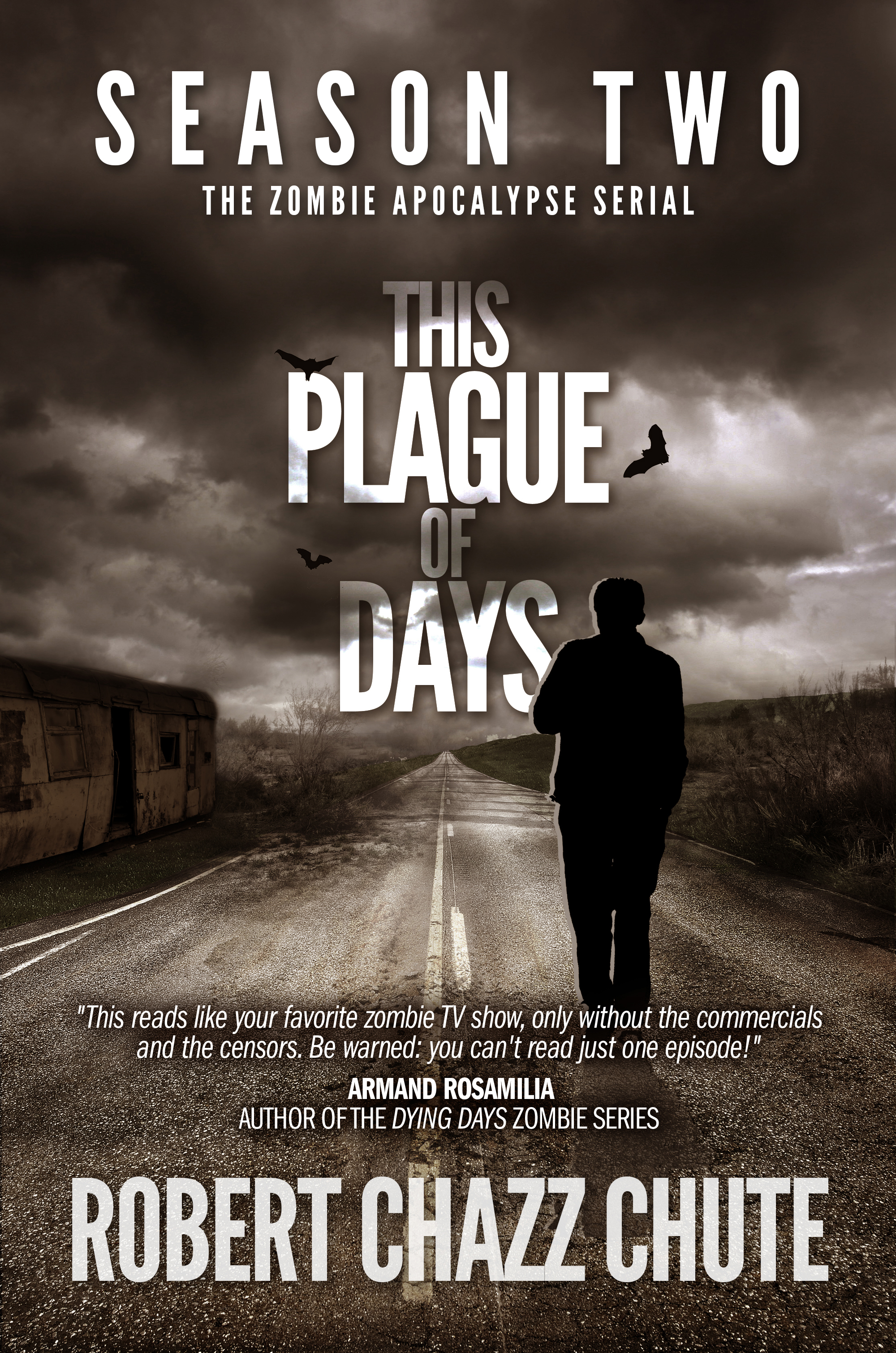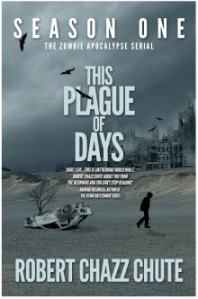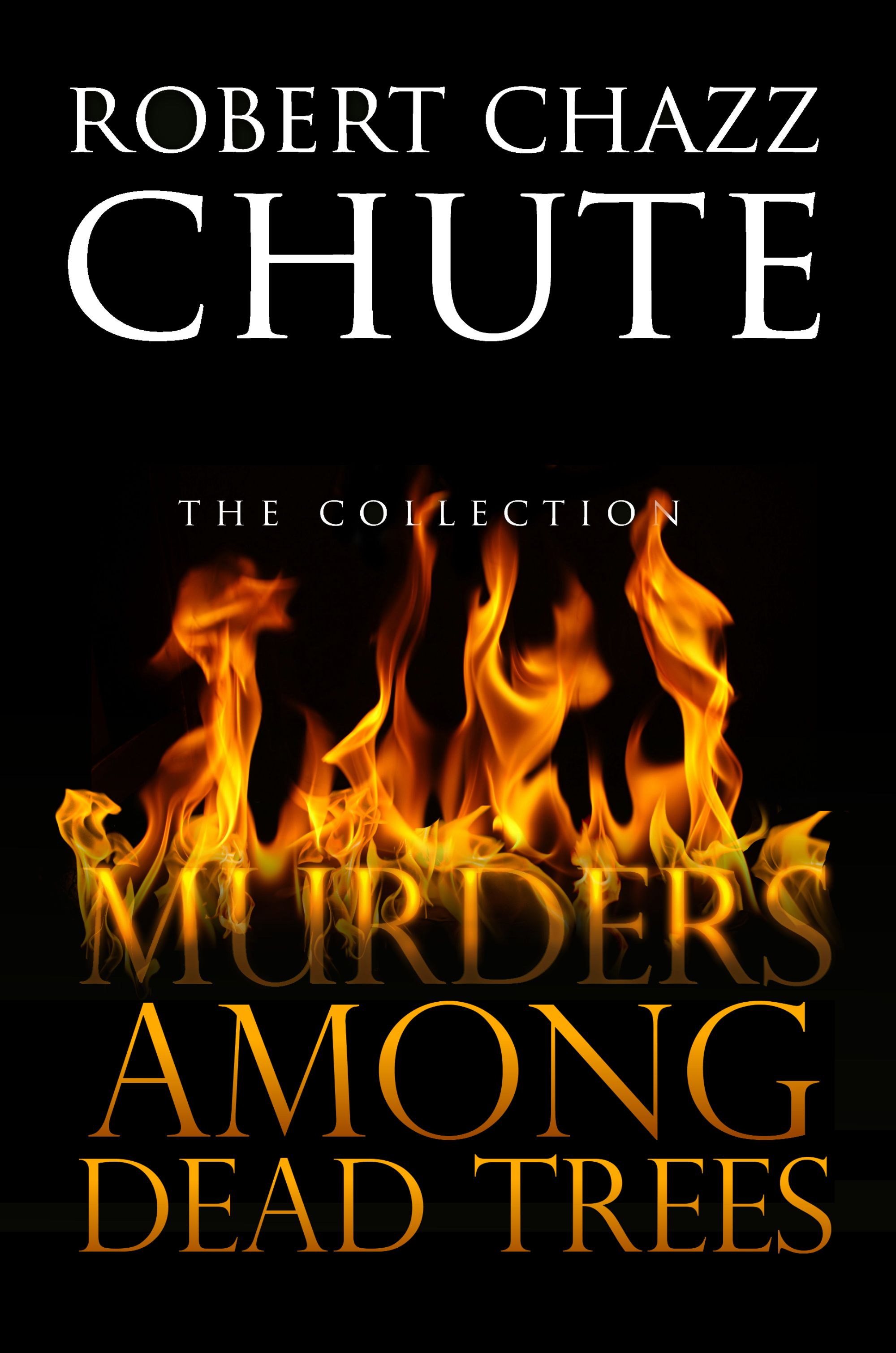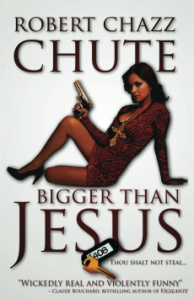I just started reading Quantum Night by Robert J. Sawyer, one of my top three favorite Canadian writers of science fiction. In the Acknowledgments, he mentions that he hadn’t published anything for three years due to the loss of his younger brother to cancer. That sad note got me thinking about my life’s milestones for reading and writing. Reading is an escape and a reward for me. Sometimes it’s a job. Through it all, I associate certain books with my development as a person. I wonder if you feel the same.
Farmer Boy, by Laura Ingalls Wilder, made me grateful not to be born earlier in history. I didn’t think I could do better than the Hardy Boys Series as a kid. Later, Ian Fleming fed macho dreams of becoming a killer spy. Growing up in rural Nova Scotia, I couldn’t wait to escape to big cities. Books and movies fueled my teenage dreams of doing something different, of being someone different. I wanted a life that offered more choices and I was sure that, somehow, the life of a writer would make that dream come true.
A boy trained by Martians in Stranger in a Strange Land taught me more about theme than any dry book report at school. That book also taught me that fiction can reach beyond being merely entertaining. Stranger in a Strange Land is about how to view the world through clear, innocent eyes.
Hanging out in Spider Robinson’s Callahan’s Crosstime Saloon taught me science fiction doesn’t have to take itself too seriously. I met Spider a few times when we both lived in Halifax. Nice guy. He is his fiction. He tells fun, optimistic and humane tales. (Callahan’s Law: “Shared pain is lessened; shared joy, increased — thus do we refute entropy.”) Optimism isn’t quite my thing but I do try to hit hopeful notes or else, what’s the point? Even my apocalyptic stories have a lot of jokes.
In my first year of university, I enrolled in a survey course about the philosophies of history. It was like a year devoted to Wikipedia, speeding from the Bible and Gilgamesh to Dante to interpreting the art of the Renaissance and well beyond. I learned a lot. The experience also gave me a humbling inkling of how much I didn’t know.
I read a lot of American authors in university. Holed up in my dorm, I had so much time to read. I wish I had that kind of time now. Norman Mailer’s Tough Guys Don’t Dance, Mickey Spillane’s I, the Jury and Truman Capote’s In Cold Blood made me think I could write killer thrillers one day. (I did and do.)
At 20, The Way of the Peaceful Warrior felt like a revelation. Seven years later, it would feel trite. I couldn’t sense the magic anymore. I’d like to go back to enjoy Philip Roth’s Portnoy’s Complaint and Goodbye, Columbus. However, it’s a rare book that I read twice with the same level of enjoyment. You can only read Fight Club once for the first time.
At 22, I moved to Toronto. I stayed with a friend for my first month in the city. I should have devoted all my time to the job and apartment hunt. All I wanted to do was read The Stand and It. And then everything else by Stephen King.
Reading Bright Lights, Big City, Ransom and Story of My Life, I wanted Jay McInerney’s career. American Psycho made me think Bret Easton Ellis’s fame would be fun, or at least interesting. Working for a publisher, I sold American Psycho to bookstores when it came out. (Oh, the arguments we had about freedom of expression. Some of those dainty cocktail parties came close to devolving into a melee.)
Though I’d trained in journalism, my education about writing novels began with William Goldman. I was on the 28th floor of my apartment building on a summer night. I thought I was safely in the dénouement. Goldman ambushed me with a killer last line. I threw that book across the room as I shouted, “He got me again!” You know Goldman wrote The Princess Bride and many famous movies. Please read his novels. He’s the most underrated American novelist still living.
Working at Harlequin, I read a lot of manuscripts, both vetting and proofreading them. One romance about three lottery winners stands out in my mind as a really great story. Honestly, I’ve pretty much forgotten the rest of that year and a half of romances and men’s adventure novels except for this one awful line: “She bounced ideas like balls off the walls of her mind.”
Unhappy and angry at a rude co-worker, I began writing a short story. It was pretty much a silly revenge fantasy. A quarter of the way through I tore it up and threw it away. I didn’t want to be that guy. I gave up on all writing for years. Depressed and frustrated, I didn’t dream of becoming Jay McInerney anymore. At 28, it was too late to be a Boy Wonder. I told myself it was all too late. Find something else to obsess over, Rob. I still had no idea I would write thirty books by the age of 53.
I went back to school. My reading diet was non-fiction, entirely medical. Anatomy suggested to me there might be a god. Pathology told me there had to be a devil, too. I learned a lot but read nothing for pleasure. Coming out the other end of that training felt like coming off a starvation diet. I got back to reading voraciously. I started writing again, too. I did some freelance work writing magazine articles, columns, and speeches. I also submitted short stories to contests and won a few. (Several of those stories wound up in one of my first self-publishing efforts, Murders Among Dead Trees.)
A long trip across Canada made me appreciate fiction in audiobook form. I’ve read Stephen King’s On Writing once but I’ve listened to it twice. I wouldn’t have enjoyed A Song of Ice and Fire if I hadn’t stuck it in my head via audio. (Too much heraldry for me to slog through on the page. However, the audio performance is truly a master class in voice acting. Audio was my way in when the printed word felt like work.)
I got something out of the books I didn’t like, too. The pace of Margaret Atwood’s The Handmaid’s Tale was too slow for me but I loved Oryx & Crake. I don’t write off authors simply because they wrote one book that wasn’t for me. I love Kurt Vonnegut’s work and the man so much I made him a character in Wallflower, my time travel novel.
I’ve read almost everything Vonnegut wrote but I couldn’t get into Galapagos. Sometimes you’ll see pissy proclamations that promise, “I’ll never read anything by this writer again!” Okay, but that suggests that might be a reader who wants the same book over and over again. (If you want to go deeper on this, I recommend the latest Cracked podcast about fandom, both positive and toxic. It’s a great and funny episode.)
I make time for reading because I love it. As a writer, reading is part of my job, too. The joy of good fiction is that it makes a movie in my head. One Christmas when I was very young, I received Chitty Chitty Bang Bang by Ian Fleming. As a snowstorm raged, I crawled into bed with that book and a tall canister of Smarties. I ate the candy and read about an inventor, his children, and their magical car. I felt warm and safe and transported reading that book. Every time I read or write, I’m trying to get back to that same feeling, that retreat from a raging world.
Our world often feels broken and rageful now. It’s a relief to step back into fiction and get shelter from the storm. My teenage dream came true, by the way. I’m writing full-time. With a few adjustments and compromises, I’m pretty close to being the person I meant to be.
And now I offer shelter.
~ Robert Chazz Chute just released a new apocalyptic trilogy called AFTER Life. Check out all his books at AllThatChazz.com.
Filed under: Books, My fiction, publishing, robert chazz chute, Science Fiction, Writers, writing, American Psycho, books, Bret Easton Ellis, bright lights big city, fiction, Jay McInerney, Kurt Vonnegut, life moments, Margaret Atwood, Norman Mailer, novels, On Writing, reading list, reading lists, recommended reading, Robert J. Sawyer, Spider Robinson, Stephen King, Stranger in a Strange Land, The Princess Bride, Truman Capote, William Goldman, writers, writiing









